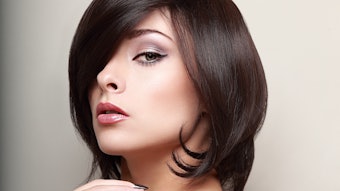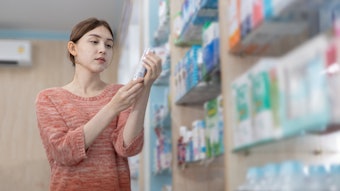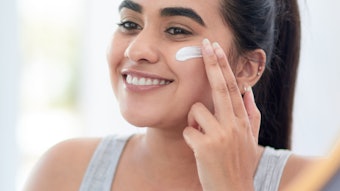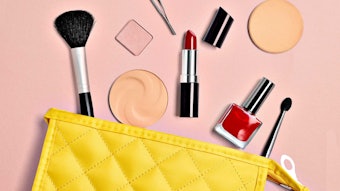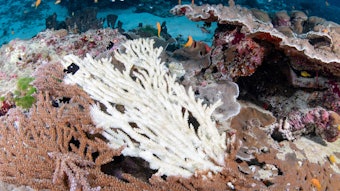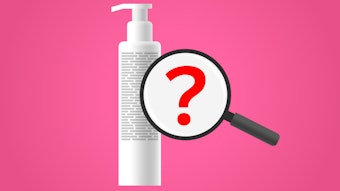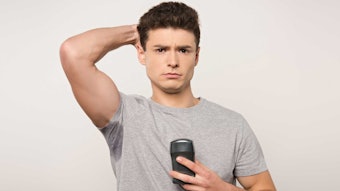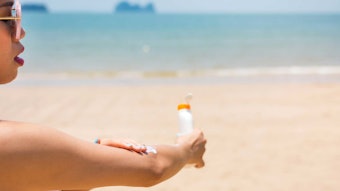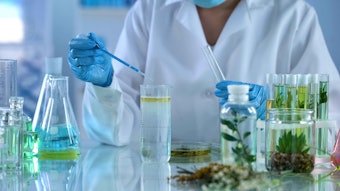The National Advertising Division (NAD) has recommended that The Procter & Gamble Company (P&G) discontinue "100% odor protection" claims for the company’s Secret Clinical Strength Clear Gel and Invisible Solid. Claims, including those made in television, print, and social media advertising, as well as on the company website, were challenged by Unilever United States Inc.
The challenged claim “100% odor protection*” appeared with the disclosure “*as typically noticed by others,” and was featured in a television commercial and in print, web, and social media advertising. The broadcast advertising depicted a young executive preparing for an important meeting and the voiceover stated, “The day of my first presentation I was 80% nervous to lead the meeting, 90% confident I’d say the right things, but with 100% odor protection, I knew I had nothing to worry about.” In conjunction with the voiceover, the text “80% nervous,” “90% confident,” and “100% odor protection” appeared in large print over the center of the screen. The disclaimer “*as typically noticed by others,” appeared in significantly smaller type at the bottom. The voiceover continued: “The new Secret Clinical Strength Collection has the unique, high-efficiency technology that helps eliminate odor for 100% odor protection,” and the “100% odor protection” claim appeared on screen again with the disclaimer. Finally, the voiceover stated: “I never settle for less than 100% so I can be 100% fearless.”
Unilever argued that the claim was a strong quantified performance claim that should be read in conjunction with the “48 hour protection” claim on the packaging. It contended that P&G's claim conveyed the message that no person using the product would emit any underarm malodor for two full days. P&G argued that the “100% odor protection” claim as presented was used colloquially, in the context of a play on percentages in its television commercial and advertising campaign. Neither party provided consumer perception evidence to support its position regarding how consumers were likely to interpret the challenged claims.
NAD determined that the claim conveyed a message of “objective certainty,” and that consumers could quite reasonably understand the claim to mean that they would not emit any underarm odor when using Secret Clinical Strength. Regarding the advertiser’s disclosure, NAD noted that even if consumers noticed, read, and understood the phrase, “as typically noticed by others,” they would not necessarily understand that the promised 100% odor protection would only be provided in some, and not “100%,” of situations.
Following its review of the advertiser’s evidence, NAD noted that the advertiser’s testing demonstrated the high level of overall effectiveness of Secret Clinical Strength, but determined that its test results were not sufficient to provide a reasonable basis for P&G’s quantified and absolute “100% odor protection” claim. NAD recommended that the claim be discontinued.
NAD noted its appreciation for P&G’s permanent discontinuance of certain versions of the challenged claims, some of which it noted were made in error. NAD found that the advertiser provided a reasonable basis for its claim, “Unlike smooth solid clinical strength antiperspirants which can leave white marks behind, Secret Clinical Strength Clear Gel goes on clear with no white marks,” but that its broader “Clear Gel – For a Clean No White Marks Look” claim was not adequately supported. NAD recommended that this version of the claim be discontinued. Finally, NAD determined that a “Doctor Recommended” claim challenged by Unilever was not substantiated and recommended that the claim be discontinued or modified to reflect that the product is “Doctor Endorsed.”
P&G, in its advertiser’s statement, said that although the company “does not agree with all of NAD’s conclusions, it is pleased that NAD generally recognizes the product’s superior efficacy, and P&G will take NAD’s recommendations into account in future advertising.”
